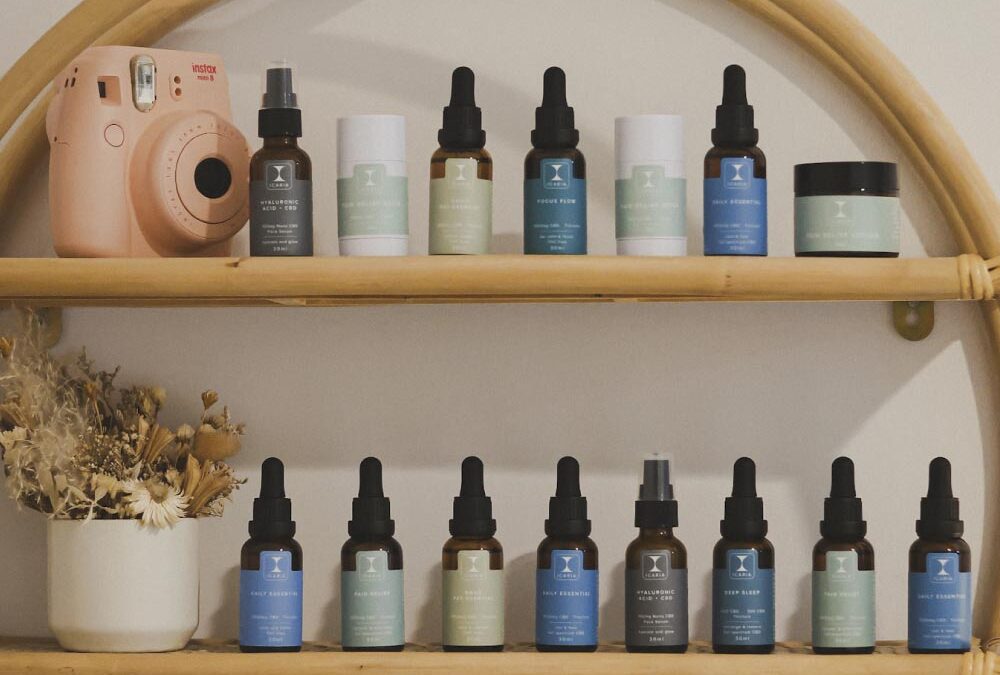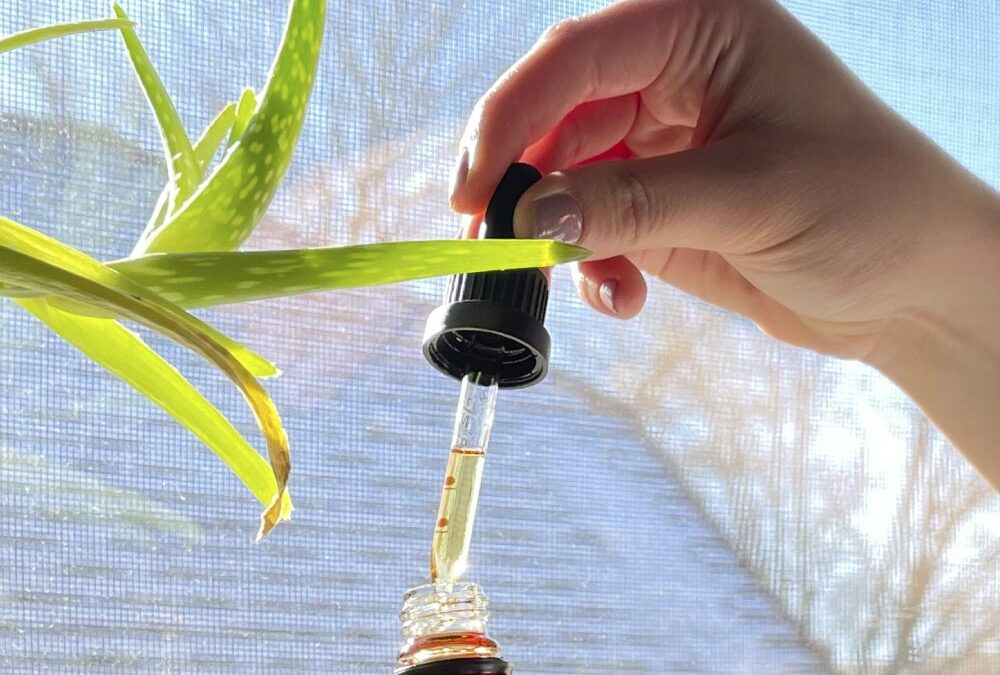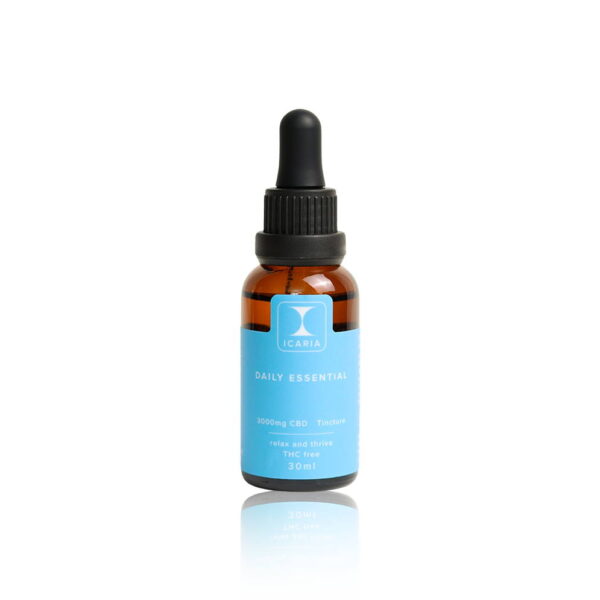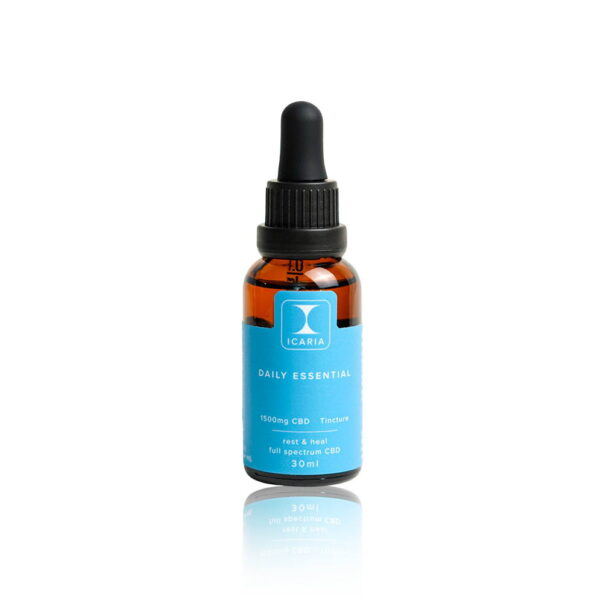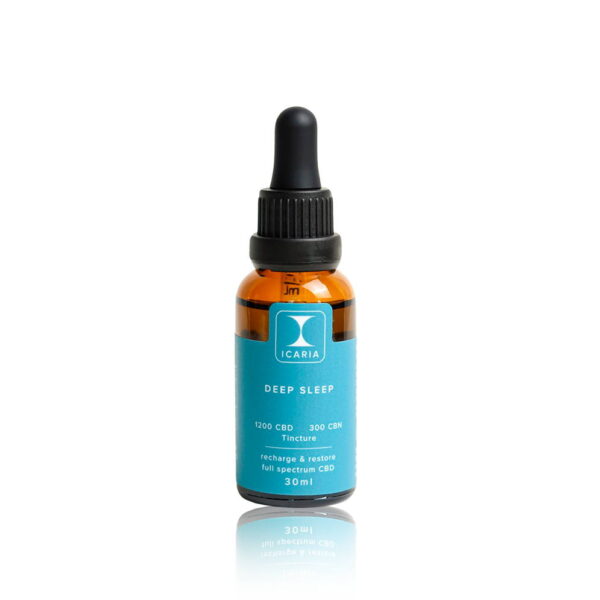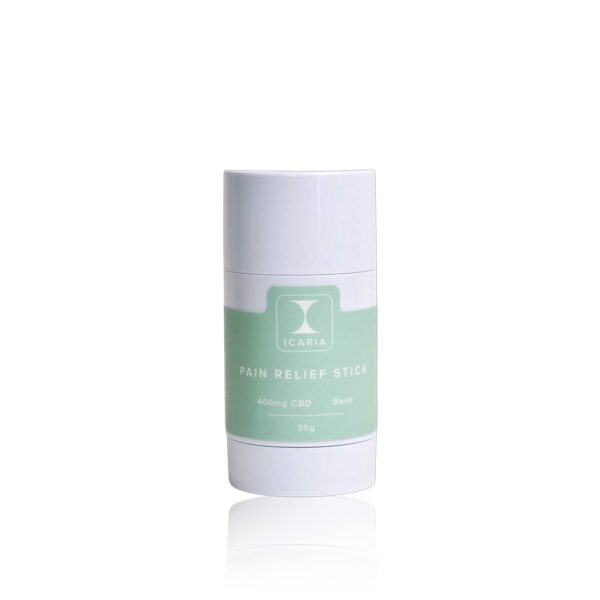If you are thinking of taking CBD or are already taking CBD oil, the answers to these FAQs for CBD in Canada might be interesting to you.
CBD, or cannabidiol, has become increasingly popular in recent years, and for good reason. This non-intoxicating compound found in the hemp plant has been largely studied and used for its potential health benefits, including reducing anxiety and depression, relieving pain and inflammation, and improving sleep.
However, as with any emerging trend, there are many questions surrounding CBD and CBD oil. In this blog post, we will answer some of the most frequently asked questions about CBD and CBD oil to help you make informed decisions about whether CBD is the right natural supplement for you. From the basics of what CBD is, to how CBD works and what the potential benefits and risks of CBD oil are, we’ll cover everything you need to know about this increasingly popular natural remedy.
What is CBD?
CBD, or cannabidiol, is one of over a hundred cannabinoids in the cannabis plant. Cannabinoids define as chemical compounds, either produced naturally by our body, called endocannabinoids (endo- means within), or found in cannabis and other plants, called phytocannabinoids (Phyto – means plant). There are also synthetic cannabinoids manufactured artificially.
Hemp, a type of cannabis, is especially high in CBD and low in the psychoactive cannabinoid THC. On the flip side, marijuana, another type of cannabis, is high in THC and low in CBD.
Is CBD legal in Canada?
Yes, CBD (cannabidiol) is legal in Canada. The Cannabis Act, which came into effect on October 17, 2018, legalized the sale and consumption of cannabis in Canada, including CBD derived from cannabis or hemp plants.
What are the health benefits of CBD?
CBD has been reported to have potential health benefits, including reducing anxiety and depression, relieving pain and inflammation, improving sleep, and potentially reducing seizures in people with epilepsy. However, more research is needed to fully understand the effects of CBD on the body.
How do you take CBD?
CBD can be taken in many forms, including oil tinctures, capsules, gummies, topicals, and more. The best way to take CBD depends on your individual needs and preferences.
Will CBD get you high?
No, CBD does not produce the same “high” as THC. CBD is non-intoxicating, meaning it does not produce a psychoactive effect.
Is CBD addictive?
There is no evidence to suggest that CBD is addictive.
What are the side effects of CBD?
The most commonly reported side effects of CBD include drowsiness, dry mouth, and changes in appetite or weight. However, these side effects are generally mild and temporary.
Can CBD interact with other medications?
Yes, CBD can interact with other medications, particularly those metabolized by the liver. If you are taking medication, it is important to speak with your doctor before taking CBD.
How long does it take for CBD to work?
The effects of CBD can vary depending on the individual and the method of consumption. Some people may feel the effects of CBD immediately, while others may take longer to feel the effects.
Is CBD safe?
CBD is safe for most people, but there are some potential side effects and interactions with other medications to be aware of. It is important to talk to your doctor before taking CBD, especially if you are pregnant, nursing, or have a medical condition.
What is CBD oil?
CBD oil is a type of oil that is derived from the cannabis plant. It contains CBD, or cannabidiol, which is a non-psychoactive compound that is believed to have numerous health benefits.
What are the health benefits of CBD oil?
CBD oil is believed to have a wide range of health benefits, including reducing anxiety and depression, alleviating pain and inflammation, improving sleep, and potentially treating epilepsy and other neurological disorders.
Is CBD oil legal in Canada?
The legality of CBD oil varies depending on the country and state. In the United States, for example, CBD oil is legal at the federal level as long as it contains less than 0.3% THC, the psychoactive compound found in cannabis.
Will CBD oil get you high?
No, CBD oil with zero THC does not produce a psychoactive high. However, it may have mild relaxation or calming effects.
How do you take CBD oil?
You can take CBD oil orally, topically, or through inhalation. The most common method is to place drops of oil under the tongue and hold for 30-60 seconds before swallowing.
What are the side effects of CBD oil?
While CBD oil is considered safe, some people may experience CBD oil side effects such as dry mouth, drowsiness, and changes in appetite or mood.
What is the recommended dosage of CBD oil?
The recommended dosage of CBD oil varies depending on the individual and the condition being treated. It is recommended to start with a low dosage and gradually increase it until the desired effect is achieved.
Can you overdose on CBD oil?
There is no known lethal CBD oil dose, and overdosing is unlikely. However, taking too much CBD oil may result in unwanted side effects such as nausea or dizziness.
Is CBD oil addictive?
CBD oil is not addictive, as it does not produce a psychoactive high and does not activate the brain’s reward system in the same way as addictive drugs such as opioids or cocaine.
Can you fail a drug test after taking CBD oil?
Depending on the type and quality of the CBD oil, it may contain trace amounts of THC that could show up on a drug test. However, high-quality CBD oil should contain less than 0.3% THC, which is not enough to cause a positive drug test result.

